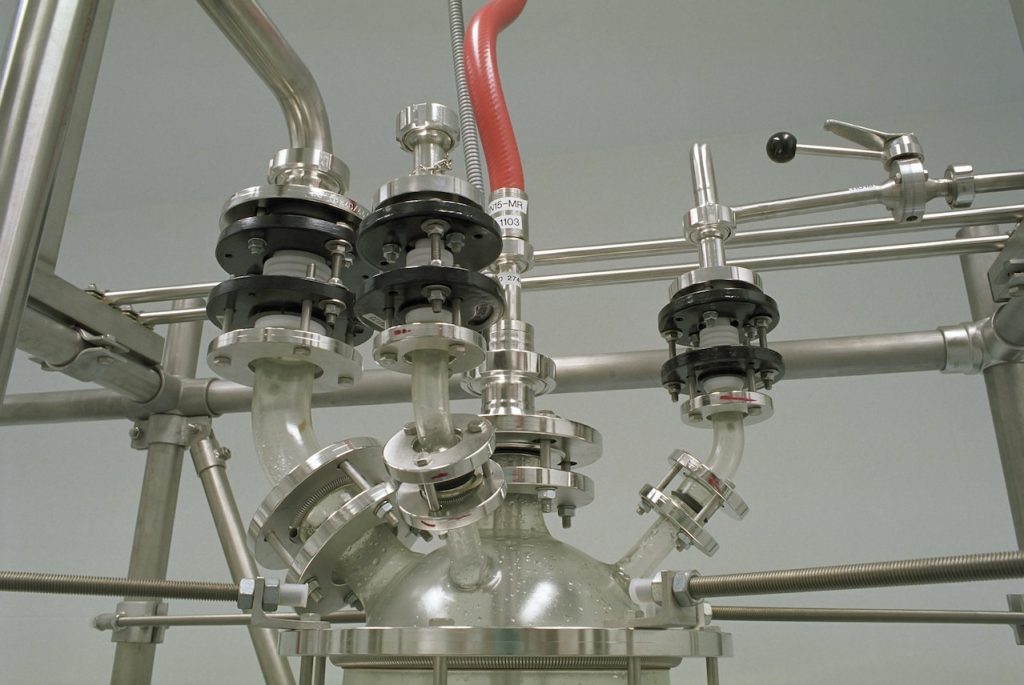Introduction
Hydraulic diverter valves are one of the most important components in any industrial setting, as they are used to control the flow of fluids in industrial machinery. Hydraulic diverter valves are used in a variety of applications from controlling the flow of hydraulic fluids in hydraulic systems to controlling the flow of coolants in industrial heat exchangers. This article will explore the uses and benefits of hydraulic diverter valves in industrial settings, as well as their applications, advantages and working.
What are Hydraulic Diverter Valves?
A Hydraulic diverter valve is a specialized valve used to control the flow of fluids in industrial machinery. They are used to regulate the amount of flow in a hydraulic system, or to divert the flow from one system to another. Hydraulic diverter valves are designed to be operated remotely and can be operated manually or automatically.
Uses and Benefits of Hydraulic Diverter Valves
Hydraulic diverter valves are used in a variety of industrial applications. They can be used to control the flow of hydraulic fluids in hydraulic systems, to control the flow of coolants in industrial heat exchangers, and to control the flow of chemicals in chemical processing systems.
Hydraulic diverter valves offer a number of benefits in industrial settings. They provide precise control over the flow of fluids and can be operated remotely, which helps to reduce the need for manual labor and increase efficiency. They also help to protect machinery from damage, as they can be used to divert the flow of fluids away from sensitive components.
Types of Hydraulic Diverter Valves
There are several types of hydraulic diverter valves available for use in industrial settings. Each type of diverter valve has its own advantages and disadvantages, so it is important to choose the right type for the application.
The most commonly used types of diverter valves are:
Ball Valves – Ball valves are a type of diverter valve that uses a ball to control the flow of the fluid. The ball is rotated to open or close the valve. Ball valves are widely used in industrial settings due to their simple design and low cost.
Butterfly Valves – Butterfly valves are a type of diverter valve that uses a disc to control the flow of the fluid. The disc is rotated to open or close the valve. Butterfly valves are often used in industrial settings due to their high flow capacity and ease of maintenance.
Diaphragm Valves – Diaphragm valves are a type of diverter valve that uses a flexible diaphragm to control the flow of the fluid. The diaphragm is moved to open or close the valve. Diaphragm valves are often used in industrial settings due to their accuracy and reliability.
Gate Valves – Gate valves are a type of diverter valve that uses a gate to control the flow of the fluid. The gate is moved to open or close the valve. Gate valves are often used in industrial settings due to their low cost and simple design.
Understanding the Working of Hydraulic Diverter Valves
Hydraulic diverter valves work by controlling the flow of fluids in a hydraulic system. The valve has an inlet port, an outlet port and a valve body. When the valve is open, the inlet port allows the fluid to enter the valve body and the outlet port allows the fluid to exit the valve body. When the valve is closed, the flow of fluid is blocked and the pressure in the system is maintained.
Applications of Hydraulic Diverter Valves in Industrial Settings
Hydraulic diverter valves are used in a variety of industrial applications. They can be used to control the flow of hydraulic fluids in hydraulic systems, to control the flow of coolants in industrial heat exchangers, and to control the flow of chemicals in chemical processing systems.
In hydraulic systems, hydraulic diverter valves can be used to control the flow of hydraulic fluid to different components in the system. This allows for precise control of the system and helps to reduce the need for manual labor.
In industrial heat exchangers, hydraulic diverter valves can be used to control the flow of coolant. This allows the temperature of the system to be regulated and helps to improve the efficiency of the system.
In chemical processing systems, hydraulic diverter valves can be used to control the flow of chemicals. This helps to ensure that the required chemical concentrations are maintained and helps to reduce the risk of contamination.
Advantages of Using Hydraulic Diverter Valves
There are several advantages to using hydraulic diverter valves in industrial settings. They provide precise control over the flow of fluids and can be operated remotely, which helps to reduce the need for manual labor and increase efficiency. They also help to protect machinery from damage, as they can be used to divert the flow of fluids away from sensitive components.
Furthermore, hydraulic diverter valves are relatively inexpensive to purchase and maintain. They are also easy to install and can be used in a variety of applications.
Conclusion
In conclusion, hydraulic diverter valves are an essential component in any industrial setting. They are used to control the flow of fluids in industrial machinery and offer a number of benefits, including precise control over the flow of fluids, remote operation, protection of machinery and low cost. Furthermore, they can be used in a variety of applications, from controlling the flow of hydraulic fluids to controlling the flow of coolants in industrial heat exchangers. For these reasons, hydraulic diverter valves are an important component in any industrial setting.
